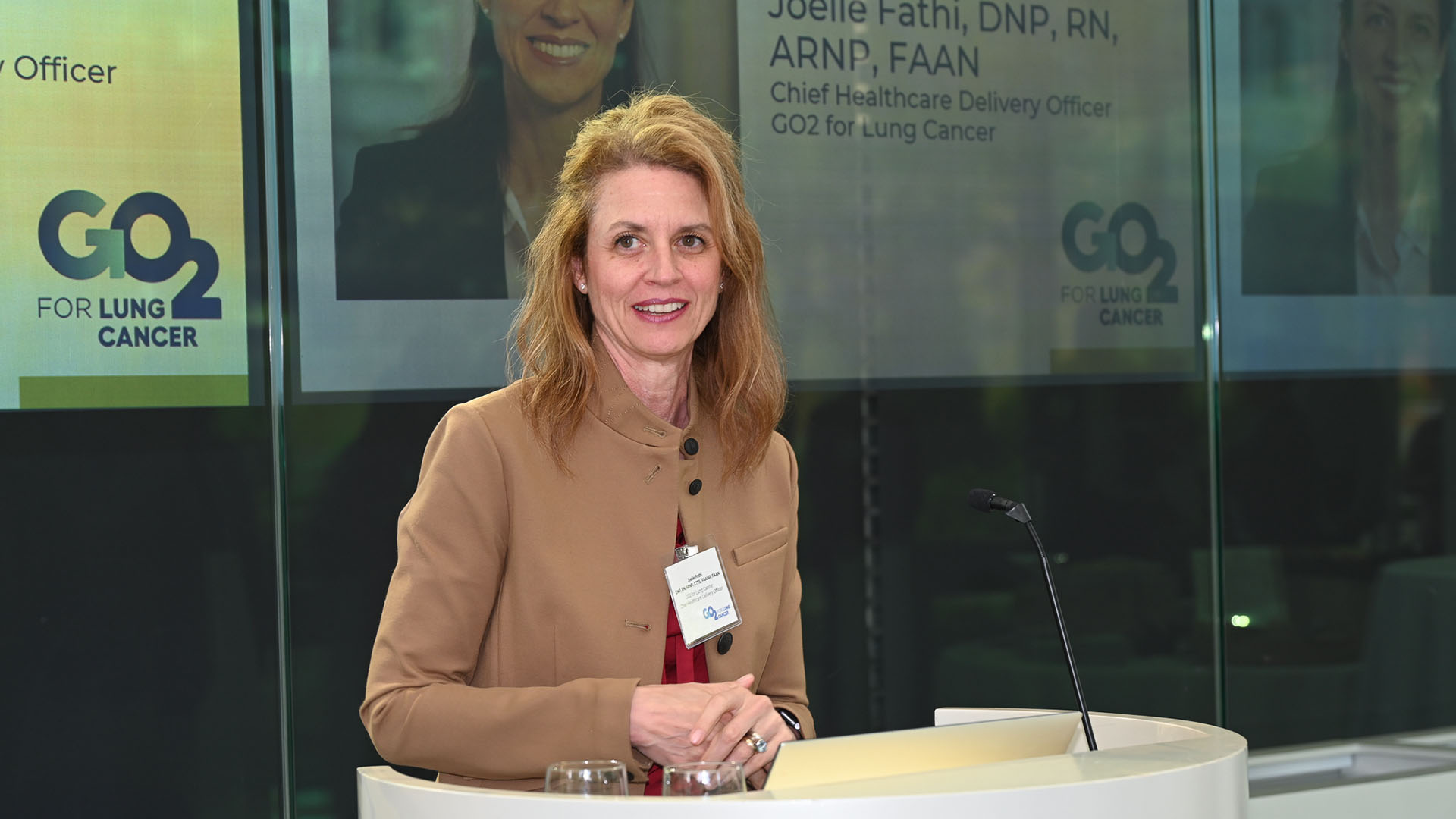
Example scan of a patient presenting with mesothelioma
“As an oncologist, I saw first-hand the devastating impact of mesothelioma on my patients and their loved ones,” said Lee M. Krug, M.D., Oncology Disease Area Head, Bristol Myers Squibb, and former Director of the Mesothelioma Program at Memorial Sloan Kettering Cancer Center in New York. “Not only are patients dealing with the physical impact, like chest pain, shortness of breath, and severe fatigue, a mesothelioma diagnosis can also significantly affect a person mentally and emotionally.”
Every patient’s prognosis varies, depending on factors like stage of disease at diagnosis and underlying health factors, but there is no cure for mesothelioma. Some patients may undergo surgery, but the disease is extremely difficult to remove, and nearly always grows back. Most patients are treated with chemotherapy, but only one effective chemotherapy regimen is available.
“A tremendous need for further research and new medicines remains for patients with mesothelioma,” said Dr. Krug. “BMS is committed to working diligently, and with urgency, to research and develop treatment options that can someday improve outcomes for those diagnosed with this disease.”


